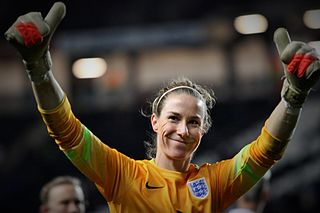A Quote by Dinesh Paliwal
At Harman, we had to reinvent ourselves so that we can compete on a global playing field. We did it by instituting a culture where teams can take calculated risks. But to inspire such a shift in mindset requires meaningful rewards across the ranks and freedom to experiment and innovate. I like to think of it as our courage culture.
Related Quotes
In terms of getting people to experiment more and take more risk, there are at least three things that immediately come to my mind. Number one, of course, is role-modeling it yourself. Number two is when people take intelligent, smart risks and yet it doesn't work out, not shooting them. And number three, being honest with yourself. If the culture you have is radically different from an experiment and take-risk culture, then you have a big change you going to have to make—and no little gimmicks are going to do it for you.
Where it is the majority religion, Islam does not recognize religious freedom, at least not as we understand it. Islam is a different culture. This doesn't mean that it's an inferior culture, but it is a culture that has yet to connect with the positive sides of our modern Western culture: religious freedom, human rights and equal rights for women.
I don't think there is a 'gay lifestyle.' I think that's superficial crap, all that talk about gay culture. A couple of restaurants on Castro Street and a couple of magazines do not constitute culture. Michelangelo is culture. Virginia Woolf is culture. So let's don't confuse our terms. Wearing earrings is not culture.
Europe's experiment with multiculturalism, or the side-by-side existence of different cultures, has failed throughout the continent. Integration requires a minimum basis of shared values, that is, a culture of mutual tolerance and respect - in other words, what constitutes the heart of European culture.

































